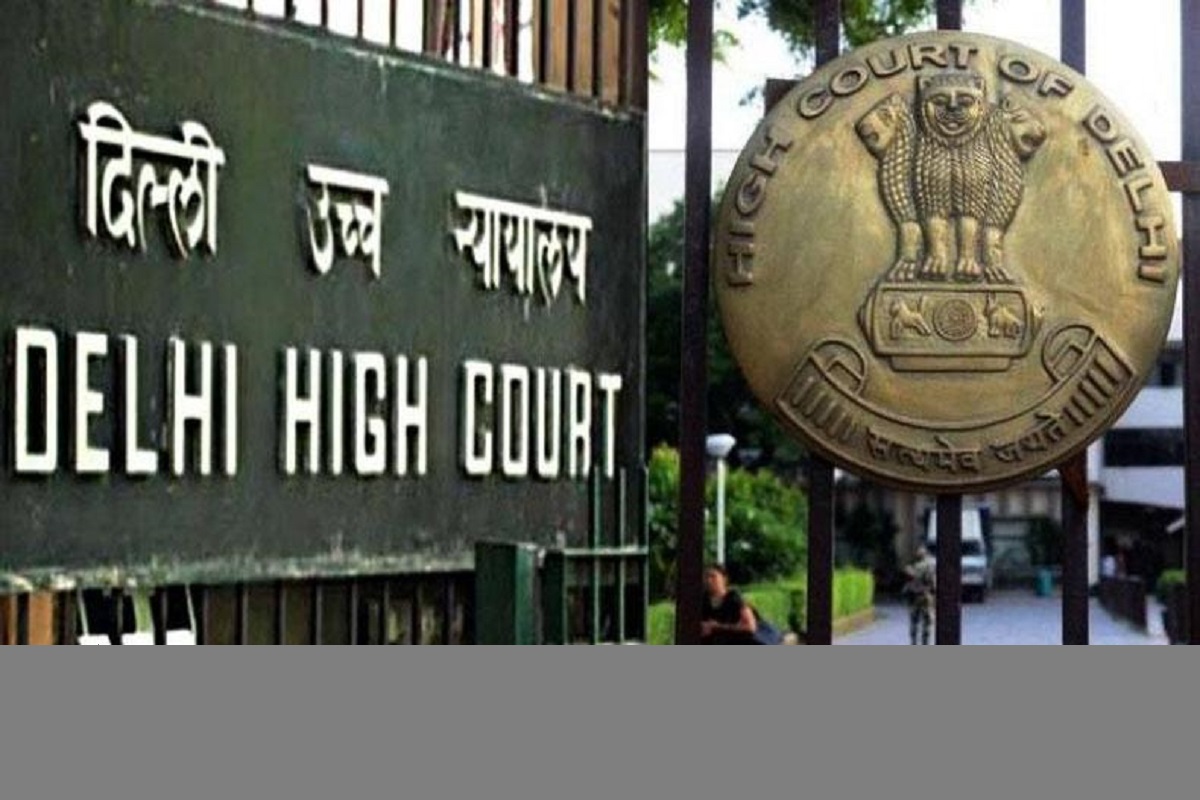‘Special 26’-style extortion bid lands duo in jail
Remember ‘Special 26’, the movie in which the protagonist cheats gullible people by impersonating as a CBI official.

Representation image (File Photo: IANS)
The Delhi High Court has decided to start hearing the appeals by the CBI and the Enforcement Directorate against the acquittal of former Telecom Minister A. Raja and others in the 2G spectrum allocation case on a daily basis from August 28.
A bench of Justice Dinesh Kumar Sharma expressed frustration over a request for adjournment by the probe agencies’ counsel and directed the matter to be listed in two weeks for submissions.
Advertisement
The court declined a request to defer the hearing till September end and emphasised that the situation cannot continue like this.
Advertisement
It also instructed the ED counsel to initiate submissions, with the ED’s case being based on the CBI’s submissions. The case is scheduled for further hearing on August 28.
On December 21, 2017, a special court acquitted Raja, DMK MP Kanimozhi, and other defendants in the scam-related CBI and ED cases.
On March 19, 2018, the ED approached the high court challenging the special court’s order acquitting all the accused. A day later, the CBI too challenged in the high court the acquittal of the accused in the case.
The CBI had told the high court that the trial court verdict in the 2G spectrum scam case, which acquitted all the accused persons, was challenged following an opinion from the Central government that it is a “fit case” for appeal.
The scam came to light when the Comptroller and Auditor General, in a report, held then Telecom Minister Raja responsible for causing the state exchequer a loss of Rs 1,76,379 crore by allocating 2G spectrum licenses at throwaway prices. However, the trial court found that the prosecution failed to prove the charges. This verdict, however, doesn’t override the Supreme Court judgement that the licenses issued during 2G spectrum allocation were illegal.
The first petition filed by the Centre for Public Interest Litigation had alleged the loss was caused by issuing second generation (2G) spectrum licences in 2008 based on 2001 prices and competitive bidding process was not followed.
Advertisement